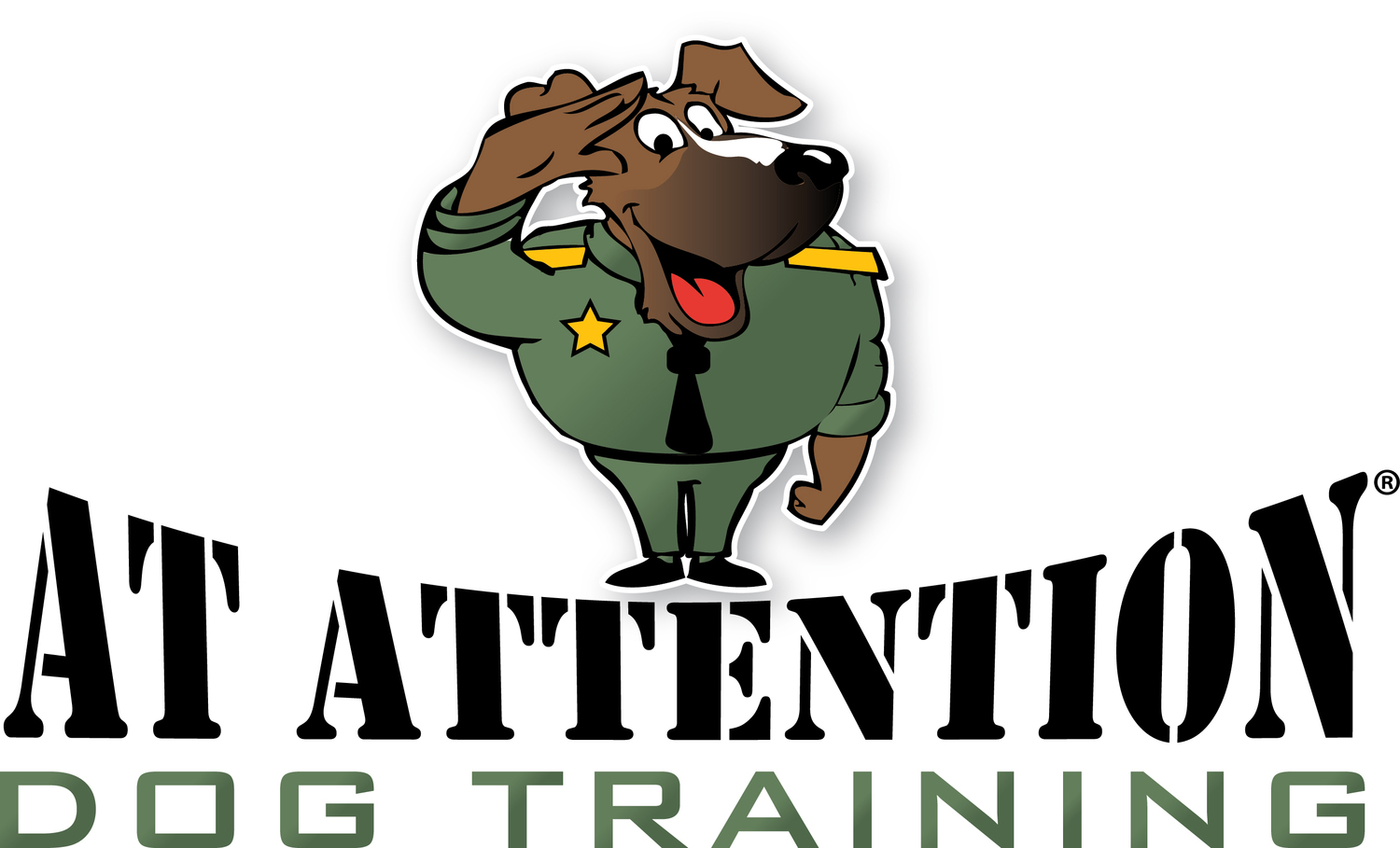We all know that dogs are descended (very distantly) wolves: from the tiniest Chihuahua, quaking with excitement, to the most powerful Bull Mastiff with his dopey, drooly grin, they all share a common ancestor. So when that Chihuahua or Mastiff starts misbehaving and training starts to feel like an uphill battle, it might be tempting to think we can “cheat” by using their wolf instincts to our advantage.
Read MoreWhy is Force-free Training Best for My Dog?
By using proper reward based training in dogs (R+), we get the best learning without causing new fear triggers. The teaching and learning aspects of dog training become fun for you and your dog. And, you get long lasting results while bonding with your dog.
Read MoreTime to Celebrate! Happy 1st Birthday to AADT!
Win a $100 Pet Valu Shopping Spree!
How to Enter:
1. Comment on our Birthday Celebration Facebook Post with your favorite photo of your dog. Link to post
2. Share our Birthday Celebration Facebook Post with your Friends and ask them to 'Like' your dog's photo.
That's it - A winner will be selected on November 7, 2016.
The Truth About Montreal's Breed Discrimination
Montreal City Officials passed a Pit Bull Ban ("Breed Specific Legislation" or "BSL") on September 27, 2016 which essentially is a death sentence for thousands of dogs. In this case, the legislation targets Pit Bull breeds and Pit Bull mixes. It is important to note that the term "Pit Bull" may refer to a variety of bully type breeds.
Read MoreYou Might Be Teaching Your Dog Bad Behaviors And Not Even Know It!
Almost every person who hires me for help has some level of behavioral problems with their dog. In almost all cases, this is at the fault of the humans (current or previous owners). Dogs are not born with bad behaviors, they learn them. So how do dogs learn to do certain things? Well, all dog behavior essentially comes down to one thing... Conditioning.
Conditioning is a complex behavioral science, but at its core it essentially means - If a given behavior is reinforced through a reward (positive reinforcement), then it is likely to be repeated in the future. For example, If you teach your dog to sit, and every time that she follows the command you reward her with food, toys, or affection; then the behavior is more likely to repeat itself in the future. The dog is actively choosing to follow the command to sit because of the reward. The concept of dogs just wanting to please their owners is a myth. Behavior is based on conditioning.
So how do behavioral problems develop? With conditioning, behaviors will repeat in the future if they are rewarded... even if we don't mean to or are subconsciously rewarding them. For example, let's say your dog brings you a toy because she wants to play/fetch. She drops the toy at your feet and begins to bark. You try your best to ignore her, but eventually you give in, pick up the toy, and throw it for her. In this instance, the dog has learned that by barking at humans, she gets something good. Furthermore, because you ignored it at first and then eventually gave in to the dog, she has learned that persistence pays off. Shortly thereafter, you have a behavioral problem with barking / demand barking. With this example, the right option would have been to either ignore the dog until she stops barking, or ask her to do something first (like a sit command) and then pick up and throw the toy (once the barking stops).
If you understand dogs, you can begin to shape them through 'proactive' or 'passive training' to avoid undesirable behaviors such as demand barking. Experienced and trained dog trainers who use positive reinforcement methods can teach you how to better communicate with your dog. Begin to have a more balanced and peaceful household and find a local positive based dog trainer near you and get started today!



